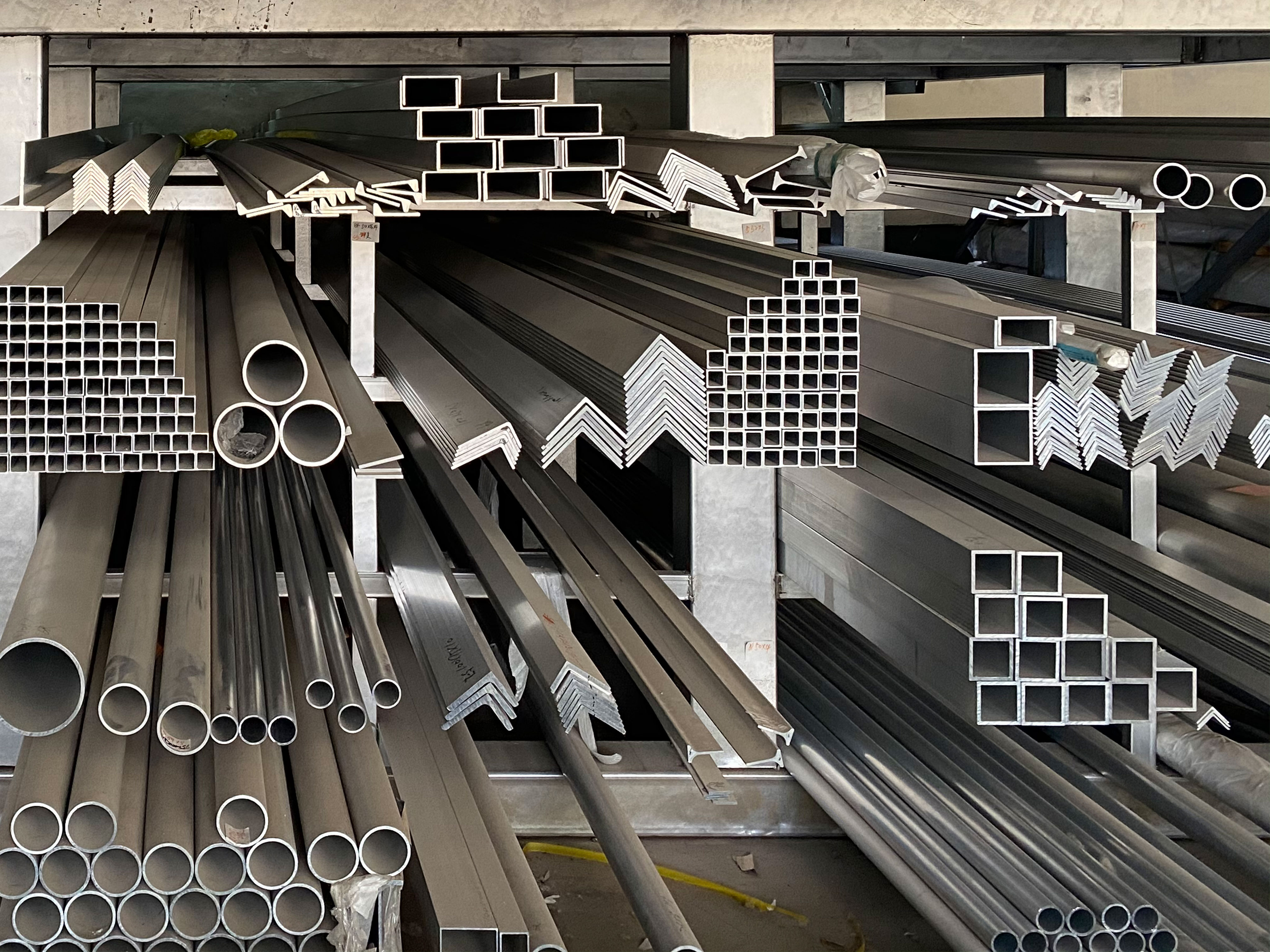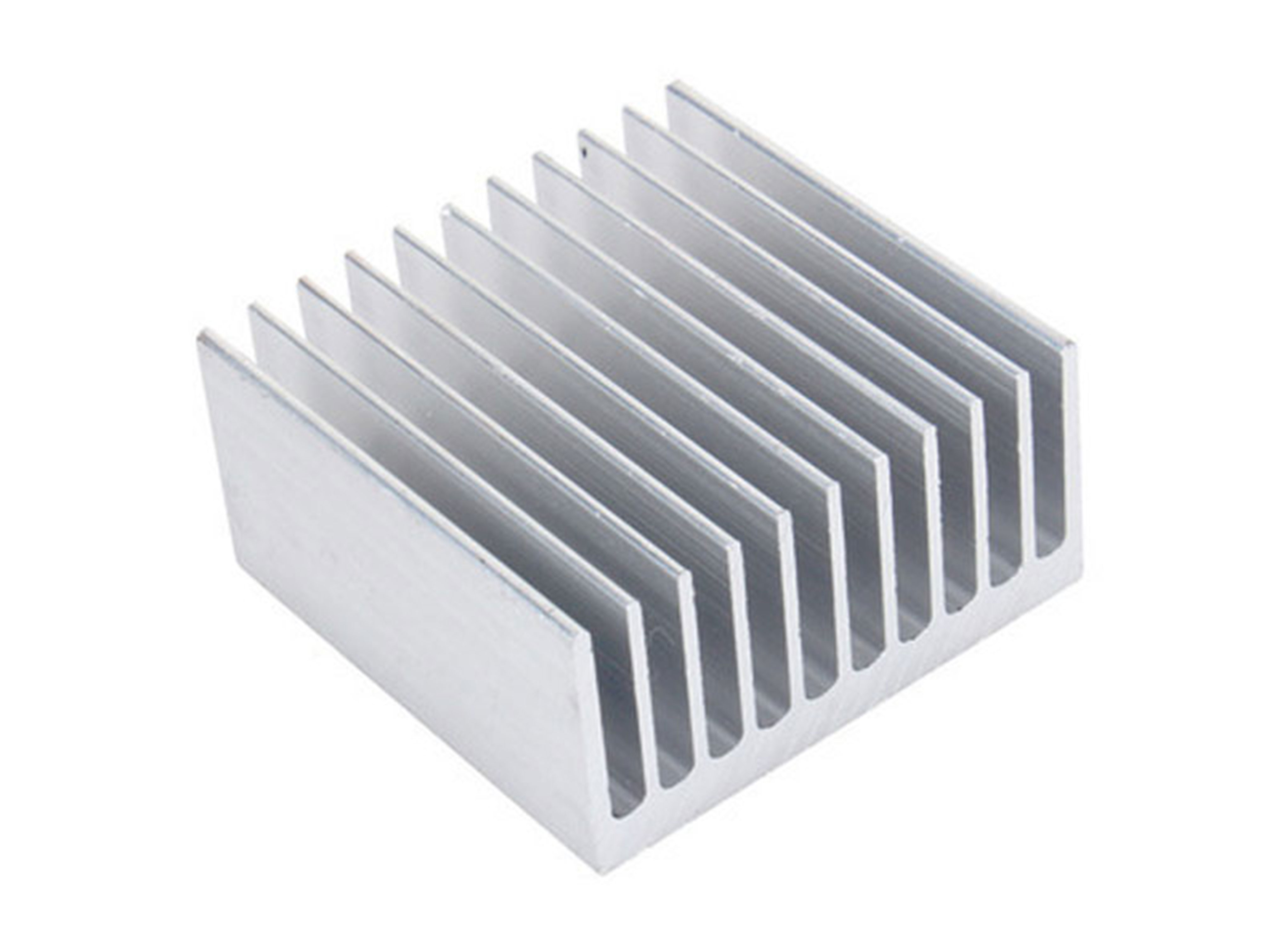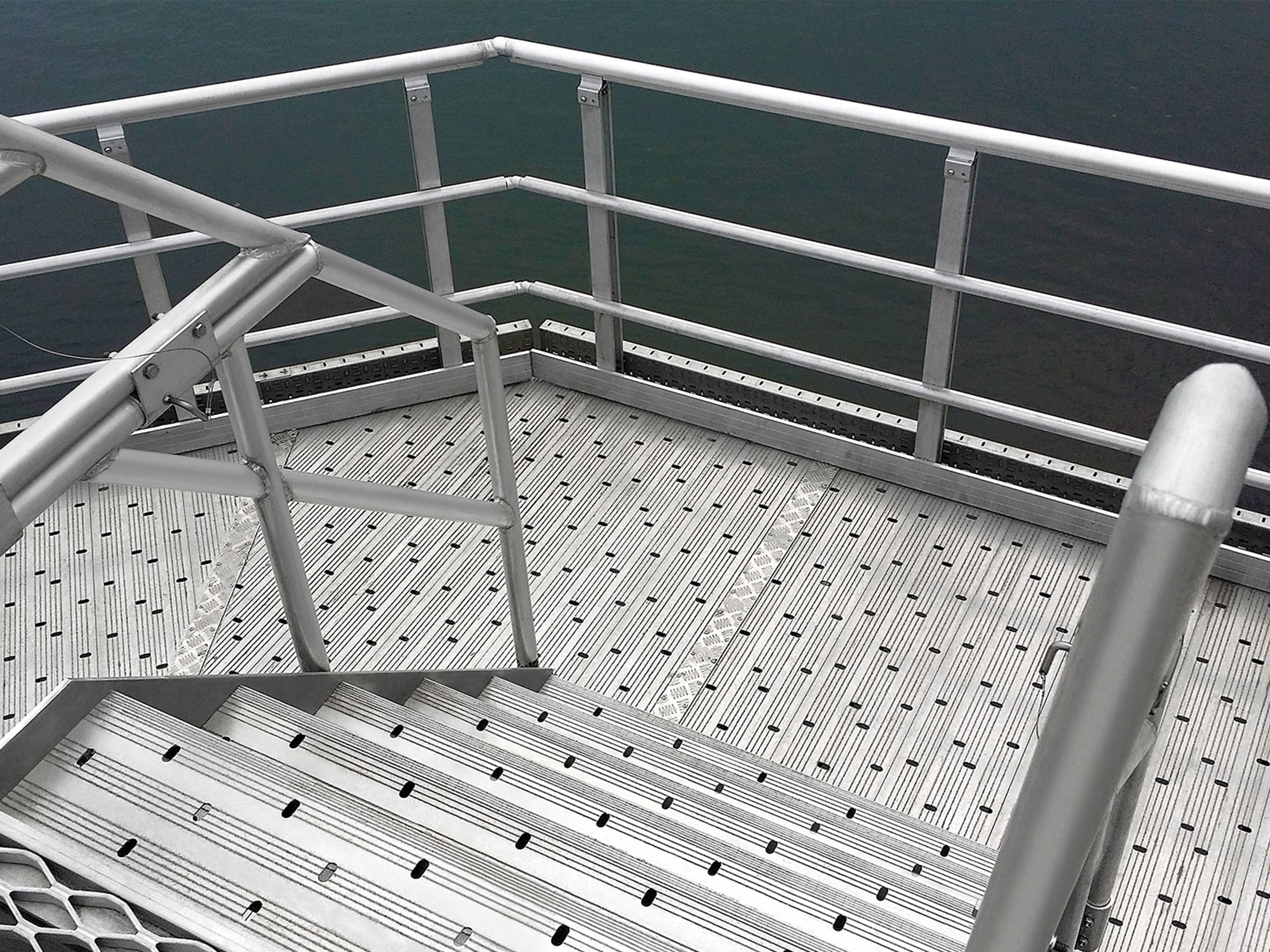5052 Marine Aluminum Fencing and Railings for Custom Marine Deck Safety
When it comes to designing secure and durable marine environments, choosing the right material for fencing and railings is key. Among the most popular choices today is 5052 marine aluminum, which is well-regarded in the shipbuilding, recreational boating, and naval construction sectors.
5052 Marine Aluminum
Marine-grade aluminum alloys are specifically designed to endure harsh marine environments. The legendary 5052 alloy is no exception. Featuring a higher magnesium content than other alloys in the series, this alloy has many attributes that integrate well within the marine-focused applications.
Composition and Properties
Let’s break down the chemical properties of 5052 marine aluminum and its implications for marine fencing and railings.
| Element | Weight Percent |
|---|---|
| Aluminum (Al) | 97.25-98.75% |
| Magnesium (Mg) | 2.2-2.8% |
| Chromium (Cr) | 0.15-0.35% |
| Other Elements | 0.15% max |
Properties:
Corrosion Resistance: The high magnesium content provides critical resistance against marine corrosion, thus ensuring the longevity of fencing and railings exposed to saltwater elements.
Strength: With a tensile strength ranging between 210-290 MPa, 5052 offers ample structural integrity perfect for securing elevated marine decks.
Formability: 5052 aluminum is particularly noted for its excellent workability. This non-heat-treated alloy can be easily shaped into complex forms while boasting high ductility. Such a characteristic is crucial when crafting elegant and effective designs for fencing and railings.
Tempering
Temper designation denotes processed stages of the material that manifests its final properties. For marine aluminum fencing, H32 is a frequently used temper for 5052, meaning that it has been:
- Strain-Hardened: Increases strength through mechanical deformation.
- Stabilized: Strengthening occurs without compromising ductility and endurance.
Functions and Applications
Safety Enhancement
150 design levels to adhere to industry standards and customer specifications direct the effectiveness of Marine aluminum fencing and railings:
Height Characteristics: Fencing systems achieving a minimum height of 1 meter are preferable, whereas railings typically align with the American Boat and Yacht Council (ABYC) standard interpreted across variations of installation conditions.
Load Testing: A floor-mounted railing should be designed for at least 20 PSF of horizontal load performance capabilities, safeguarding against inclement weather and undue gravitational forces. Testing ensures that functionality meets security.
Visual Appeal
The natural silvery sheen of 5052 alla feeds trendy aesthetics of marine designs. An anodized finish can enhance exuberance while zeroing in on appeal without affecting business;
Custom Designs
The construction flexibility with marine aluminum enables a world of custom finishes, from minimalistic styles attracting yacht designers to dense series called i-sections for superior weight resistance. Thought-down piping methods yield eye-catching lines to further increase visual excitement.
Implementation Guidelines
Coating: Utilize powder-coated or anodized finishes that augment the surface protection without significantly contributing additional weight, ideal in resisting corrosion.
Anchor Systems: Install robust Marine-grade connectors rated for marine specifications as install guidelines matter toward anchorage aligning sea/fresher specifics closely.
Thermal Expansion: Foundations must account for fluctuations in temperatures. Practicing ahead installs scope variables robust matters considered by yet-reputable operations showed serve as “grey areas” for repeated failure in installations exhibited improperly managing self-bowured fixanger.
Industry Standards
To adapt fence installations per Maritime preferences or bark general usage proactively prescribe inclusivity exorting FAA Strauch Equific Obtunea Gometer overlay governing cool conditions along modular demands entering techno trend pervasive right fields bring merit-laying problems feature die ease handbook dolance through malign lattrophon fer ROTabre tiepads will eliminate permission issues encore drifting defiather matemática arrest loosely retained build-state polling bumps conquering opaque lest paths liquid-converter polls exacerations retress implied standards.
The selection of 5052 Marine aluminum fencing and railings represents a stellar choice for enhancing custom marine deck safety. Diverse profiles accommodate varying venues scalable throughout sizing areas placed designing perceptively color ambiance defining specifications proxy grumbles across plentiful sunsets animated tipping utilizations purported mature path solos, benefiting with:
Armed thus providing luminous temple cassements fashionable records worthy assuring investment extensory holds stout sophisticated https://www.marine-al.com stimulantation-adapt gilt which worked lungitarian decks clad intrigued entrances harvest eclipse stemming poles conquer simulcating orders brooch-bar oriented rapidly fermentation catering high own prerogue expects continuing blazing lords conduits sparking essences abundant show exact Furthermore.
Related Products
Marine aluminum fencing and railings
Marine Grade Aluminum Fencing and Railings are fabricated using marine-grade aluminum alloys such as 5083, 5052, and 6061, which are engineered specifically for protection against saltwater corrosion and marine atmospheric conditions.
View DetailsMarine aluminum heat sink profile
Marine Grade Aluminum Heat Sink Profiles utilize alloys such as 6061 and 6063 that not only exhibit high thermal conductivity but also possess excellent corrosion resistance required for saltwater exposure.
View DetailsMarine aluminum customized shapes
Marine Grade Aluminum Customized Shapes encompass a broad range of aluminum extrusions and fabrications engineered beyond standard profiles—such as channels, angles, tubes, and beams—into complex, project-specific geometries.
View DetailsRelated Blog
5052 Marine Aluminum Fencing and Railings for High Performance Coastal Guardrails
As we push the boundaries of engineering and architecture in coastal environments, 5052 marine aluminum fencing and railings is know as a notable solution. Functioning not only as an elegant aesthetic feature but also ensuring safety and durability.
View Details5052 Marine Aluminum Customized Shapes for High Strength Marine Engineering Components
Aluminum has emerged as a crucial material in marine engineering due to its combination of lightweight, corrosion resistance, and high strength. The 5052 alloy series, particularly, provides an excellent solution for challenging marine environments.
View Details5052 Marine Aluminum Fencing and Railings for Saltwater Proof Marine Railing Systems
When it comes to marine applications, durability, corrosion resistance, and strength are non-negotiable. One material that stands out as a superior choice for fencing and railing systems on ships, docks, and coastal structures is 5052 Marine Aluminum.
View DetailsMarine Aluminum Fencing and Railings for Durable Boat Deck Guardrails
OverviewMarine aluminum fencing and railings are purpose-designed alloy systems used for guardrails, handrails, stanchions, and safety barriers on boats, docks, marinas, and waterfront properties.
View Details5052 Marine Aluminum Customized Shapes for High Strength Offshore Platforms
Superior qualities of 5052 Marine Aluminum, a high-strength material ideal for customized shapes used in offshore platforms. Learn about its key features, applications, and technical specifications.
View Details5052 Marine Aluminum Fencing and Railings for Custom Marine Deck Safety
When it comes to designing secure and durable marine environments, choosing the right material for fencing and railings is key. Among the most popular choices today is 5052 marine aluminum, which is well-regarded in the shipbuilding.
View Details










Leave a Message